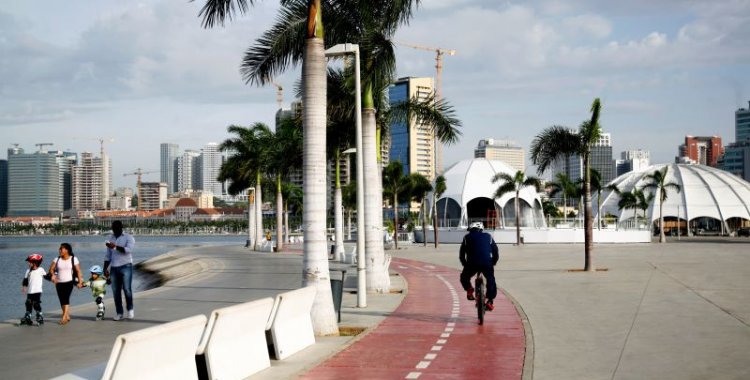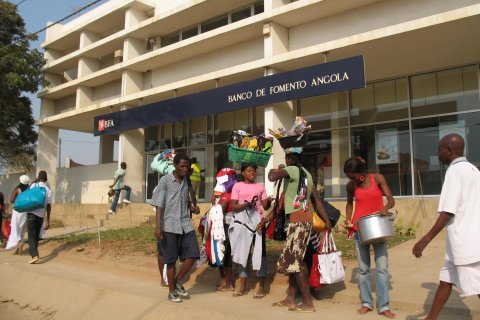"In Angola, the covid-19 crisis pushed the economy into the fifth year of recession, with GDP expected to fall 4 percent; a partial recovery is expected in 2021, with GDP growing 3.2 percent, sustained in the strengthening of the oil sector, especially due to the end of the cut in production by the Organization of Petroleum Exporting Countries (OPEC), and in the resumption of investments to stem the structural decline in production ", reads the report Pulsar de África, published this Thursday in Washington.
In the document, which takes an integrated approach to African economies, it is stated that "the second largest oil producer in sub-Saharan Africa contracted 1.8 percent in the first quarter of this year, due to the consequences of the covid-19 pandemic. and the decline in oil prices ".
The report comes on the same day that the Government of Angola updated its macroeconomic forecasts, estimating a 2.8 percent recession this year and an economic recovery of 1 percent in 2021.
Oil production, the report adds, fell in April and May, recovering slightly in June, "which suggests that the economy probably fell further in the second quarter of the year".
The World Bank estimated that the African economy is expected to emerge from the economic recession of 3.3 percent this year and to grow by 2.1 percent next year and by 3.2 percent in 2022.
According to Pulsar de África, analysts at this multilateral financial institution estimate that African countries will see economic growth of 2.1 percent next year, still below the 2.9 percent recorded last year.
The 3.3 per cent recession projected by the World Bank for this region this year, due to the covid-19 pandemic and the drop in the price of raw materials, will be the biggest in the last 25 years, according to this institution.
The World Bank base scenario assumes that the number of covid-19 infections continues to slow and that new outbreaks will not reach the point of motivating new confinement, because if the pandemic is more prolonged or there is a second wave, the economy sub-Saharan Africa could grow by just 1.2 percent in 2021 and 2.1% in 2022.
In Angola, the World Bank expects the budget balance caused by the effects of the pandemic to go from positive to negative by almost 3 percent, still better than the average public account deficit in the region, which is expected to be 5.9 percent this year.







